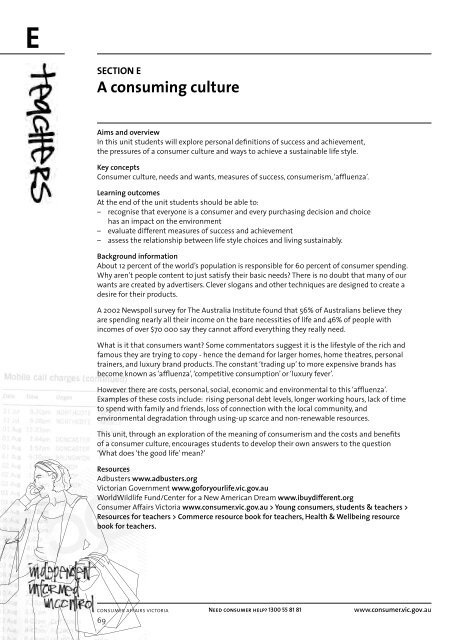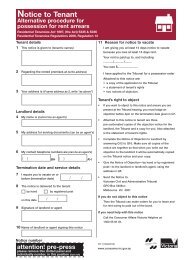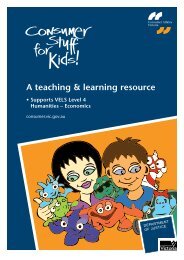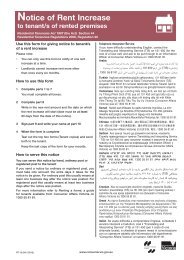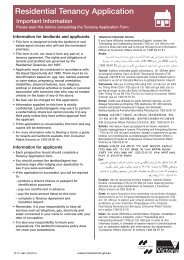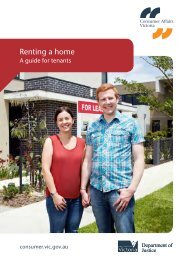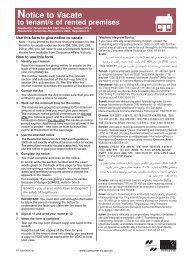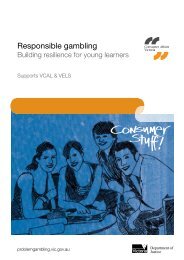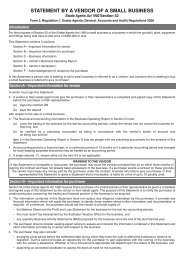A resource for teaching and learning about consuming planet earth
A resource for teaching and learning about consuming planet earth
A resource for teaching and learning about consuming planet earth
Create successful ePaper yourself
Turn your PDF publications into a flip-book with our unique Google optimized e-Paper software.
E<br />
SECTION E<br />
A <strong>consuming</strong> culture<br />
Aims <strong>and</strong> overview<br />
In this unit students will explore personal definitions of success <strong>and</strong> achievement,<br />
the pressures of a consumer culture <strong>and</strong> ways to achieve a sustainable life style.<br />
Key concepts<br />
Consumer culture, needs <strong>and</strong> wants, measures of success, consumerism, ‘affluenza’.<br />
Learning outcomes<br />
At the end of the unit students should be able to:<br />
– recognise that everyone is a consumer <strong>and</strong> every purchasing decision <strong>and</strong> choice<br />
has an impact on the environment<br />
– evaluate different measures of success <strong>and</strong> achievement<br />
– assess the relationship between life style choices <strong>and</strong> living sustainably.<br />
Background in<strong>for</strong>mation<br />
About 12 percent of the world’s population is responsible <strong>for</strong> 60 percent of consumer spending.<br />
Why aren’t people content to just satisfy their basic needs? There is no doubt that many of our<br />
wants are created by advertisers. Clever slogans <strong>and</strong> other techniques are designed to create a<br />
desire <strong>for</strong> their products.<br />
A 2002 Newspoll survey <strong>for</strong> The Australia Institute found that 56% of Australians believe they<br />
are spending nearly all their income on the bare necessities of life <strong>and</strong> 46% of people with<br />
incomes of over $70 000 say they cannot af<strong>for</strong>d everything they really need.<br />
What is it that consumers want? Some commentators suggest it is the lifestyle of the rich <strong>and</strong><br />
famous they are trying to copy - hence the dem<strong>and</strong> <strong>for</strong> larger homes, home theatres, personal<br />
trainers, <strong>and</strong> luxury br<strong>and</strong> products. The constant ‘trading up’ to more expensive br<strong>and</strong>s has<br />
become known as ‘affluenza’, ‘competitive consumption’ or ‘luxury fever’.<br />
However there are costs, personal, social, economic <strong>and</strong> environmental to this ‘affluenza’.<br />
Examples of these costs include: rising personal debt levels, longer working hours, lack of time<br />
to spend with family <strong>and</strong> friends, loss of connection with the local community, <strong>and</strong><br />
environmental degradation through using-up scarce <strong>and</strong> non-renewable <strong>resource</strong>s.<br />
This unit, through an exploration of the meaning of consumerism <strong>and</strong> the costs <strong>and</strong> benefits<br />
of a consumer culture, encourages students to develop their own answers to the question<br />
‘What does ‘the good life’ mean?’<br />
Resources<br />
Adbusters www.adbusters.org<br />
Victorian Government www.go<strong>for</strong>yourlife.vic.gov.au<br />
WorldWildlife Fund/Center <strong>for</strong> a New American Dream www.ibuydifferent.org<br />
Consumer Affairs Victoria www.consumer.vic.gov.au > Young consumers, students & teachers ><br />
Resources <strong>for</strong> teachers > Commerce <strong>resource</strong> book <strong>for</strong> teachers, Health & Wellbeing <strong>resource</strong><br />
book <strong>for</strong> teachers.<br />
consumer affairs victoria<br />
69<br />
Need consumer help? 1300 55 81 81 www.consumer.vic.gov.au


